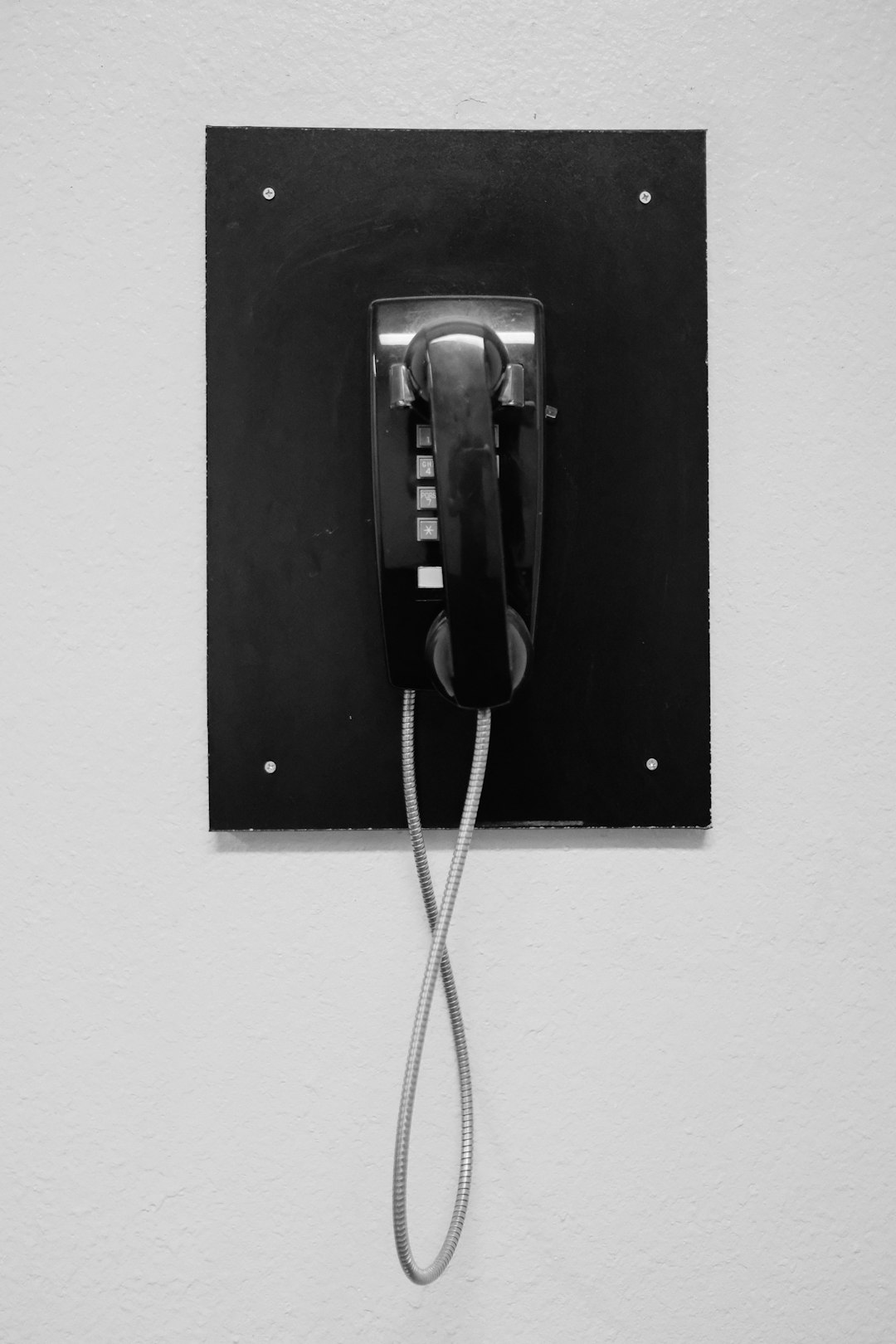Louisiana's Do Not Call law empowers residents to curb unwanted telemarketing calls, including those from law firms. Law firms operating in Louisiana must comply with federal (FTC) and state (LPSC) regulations to protect consumer privacy and avoid penalties. The Federal Do Not Call List offers permanent protection, while the state list can be enrolled through simple online or phone registration. Violations carry significant fines, up to $40K federally and $500 per violation in Louisiana. Law firms are exempt for legitimate legal activities but must respect residents' opt-out choices.
Understanding the nuances between state and federal “Do Not Call” lists is crucial for businesses, especially legal practices in Louisiana. While the overarching goal of both is to protect consumers from unwanted calls, each operates under distinct guidelines. This article breaks down the differences in regulations, enrollment processes, enforcement, and special cases, offering a comprehensive guide for Louisiana-based law firms navigating the complexities of the Do Not Call law.
State Do Not Call Lists: Louisiana's Regulations

In Louisiana, the Do Not Call list is a state-level initiative aimed at protecting residents from unwanted telemarketing calls. The regulations are clear and specific about what businesses must adhere to when making sales or promotional calls. If your firm falls under the category of businesses that need to comply with these rules, it’s crucial to understand Louisiana’s Do Not Call list requirements.
The state allows individuals to register their phone numbers on a Do Not Call list, effectively blocking telemarketing calls. This list is actively monitored, and penalties for violating these regulations can be severe, especially for law firms engaging in unsolicited calls. To respect the privacy of Louisiana residents, it’s essential that any marketing or outreach efforts from law firms adhere to these state-mandated guidelines, ensuring a harmonious balance between legal services and consumer rights.
Federal Do Not Call List: National Guidelines

The Federal Do Not Call List (DNC) is a comprehensive national database designed and maintained by the Federal Trade Commission (FTC). This list offers uniform guidelines for businesses across the nation, including law firms in Louisiana, to adhere to when making telemarketing calls. It’s a game-changer for consumers who want to limit unwanted calls, as it grants them the power to opt-out of receiving sales or promotional messages from participating companies. The DNC list is regularly updated and enforced, ensuring that businesses respect consumer privacy and preferences.
In Louisiana, as in other states, law firms must adhere to the federal guidelines set by the FTC when utilizing telemarketing practices. This means they are prohibited from calling numbers on the DNC list without prior consent from the caller. Compliance ensures a harmonious balance between legal marketing efforts and the right of individuals to manage their privacy and receive calls only from sources they’ve consented to.
Enrollment Process: State vs. Federal Lists

In Louisiana, enrolling in the state Do Not Call list is a straightforward process. Individuals can register by phone, online, or through mail with the Louisiana Public Service Commission (LPSC). The form requires basic personal information and specific preferences regarding communication choices. Once submitted, the LPSC processes the request and updates their records, ensuring that telemarketers have access to the state list.
On the other hand, the Federal Do Not Call List (FDNCL) is administered by the Federal Trade Commission (FTC). Enrollment involves a slightly different approach. Consumers can register online through the FTC’s dedicated website or by calling their toll-free number. The process requires providing personal details and confirming enrollment preferences. Unlike state lists, federal listings are permanent unless explicitly removed by the individual, making it a comprehensive option for those seeking sustained protection from telemarketing calls, especially when targeting law firms in Louisiana.
Enforcement and Penalties: Differences Matter

The enforcement of the Do Not Call lists varies between state and federal levels, which is an essential consideration for businesses, especially law firms in Louisiana. While the Federal Trade Commission (FTC) oversees and enforces the national Do Not Call Registry, each state has its own regulations and penalties for violating local “do not call” laws. For instance, in Louisiana, the Attorney General’s office plays a pivotal role in managing and enforcing the state’s do-not-call list.
Penalties for calling numbers on either list can result in significant fines for businesses that disregard the rules. Federal violations may lead to penalties up to $40,000 per call, while Louisiana state law caps it at $500 per violation, plus additional costs and attorney fees. Therefore, understanding these differences is crucial for law firms operating within the state to ensure compliance and avoid hefty legal repercussions.
Exclusions and Special Cases: A Comprehensive Look

While the Do Not Call Lists are designed to protect consumers from unwanted telemarketing calls, there are certain exclusions and special cases that everyone should be aware of, especially when it comes to legal entities like law firms in Louisiana. Despite being eligible to register for the state’s Do Not Call List, some law firm activities are legally exempt from the restrictions set by the Do Not Call Law. For instance, calls made for specific legal purposes, such as those related to collections or non-commercial legal notices, are not prohibited.
Furthermore, law firms in Louisiana often have unique circumstances that necessitate contacting clients or potential clients directly. These include emergency situations, existing attorney-client relationships, and communications initiated by the caller (the consumer) requesting information or services. It’s crucial for residents of Louisiana to understand these exemptions to ensure they’re not inadvertently violating any laws while protecting themselves from unwanted calls.






